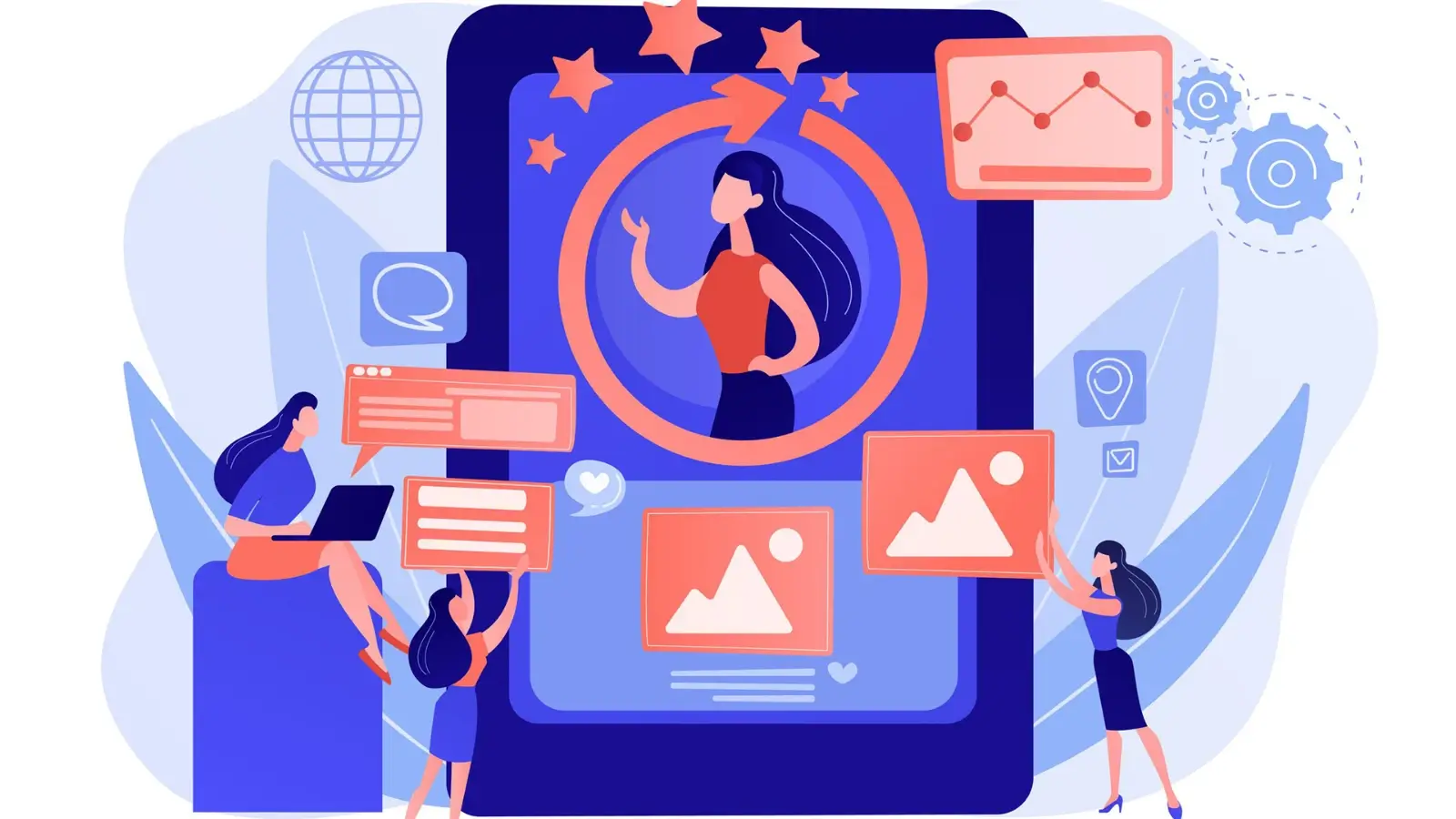


The rise of customer-centric culture has made it so that personalization of service is no longer an optional item, but has become the new standard. From an eCommerce platform showing you the item you’ve been searching for to a streaming service recommending your next favorite show, personalized experiences are ubiquitous. They are a consumer expectation, and companies that do not keep up with the changing business environment and fail to adapt will struggle to maintain relevance and loyalty.
Personalization is driving a fundamental shift in how companies engage with customers. Rather than generic messaging and unsupported interactions, businesses are increasingly using data and technology to proactively offer assistance. Automation, data analytics, and tailored algorithms are being utilized to design customer experiences based on their previous interactions with the brand, their individual preferences, behaviors, and tailored to their individual needs.
Business strategies based on smart technology like customer service automation and AI will transform customer’s interactions with the brands for the better. These systems will not only help brands and businesses build an engaged and loyal customer bases but will enable organizations to adopt intelligent mechanisms for customer interaction.
Personalization tends to create a stronger bond with clients. Having a brand remember your preferences, buying history, or using tailored communication to congratulate you on your recent purchase speaks volumes. It makes you feel that your interaction with the brand is no longer transaction in nature, but a careful consideration that it values as an individual and not just a number.
Recognition nurtures trust and loyalty. As the research indicates, customers demonstrate higher loyalty and increased data sharing to brands that personalize their engagements. Customers appreciate the relationship when brands personalize their interactions, and this fosters the underpinings to any long-lasting relationship.
Automation in customer experience can aid with the most challenging tasks in personalization. Automation in customer experience can make a remarkable difference for brands that are overwhelmed with the challenges that come with personalization.
Customer service automation tools like automated email campaigns, smart chatbots, and CRM driven workflows provide personalization for every step in the customer lifecycle. As one example,
Returning customers can be greeted by chatbots and offered tailored product suggestions based on their prior purchases.
Behavioral triggers like abandoned cart emails or birthday wishes can receive customized emails.
Customer care CRM connections let support agents view the customer’s prior interactions with them, so they can serve the customer with empathy and precision.
Automation helps businesses be relevant and responsive round the clock while achieving operational efficiency.
While automation alone is useful, automation powered by AI is useful in a far more sophisticated manner. AI is transforming brand-customer relations through automating AI-induced interactions.
While AI has improved chatbots and other customer order AI solutions, its integration to handle customer queries is revolutionary. AI is able to scan vast amounts of customer data in real time to issue suggestions, make smart recommendations, and even detect possible future risks and offer solutions. For instance:
AI powered chatbots are able to chat with the customer using context and sentiment, hence they are able to make the customer feel as if he is interacting with a real person.
Recommendation engines are able to suggest products or content a customer is most likely to engage with based on prior engagement.
Predictive analytics has the ability to know when a customer is likely to disengage, hence they are able to make timely offers or provide timely support to keep the customer engaged.
The AI capabilities mentioned above improves how a customer views and interacts with the brand as well as lead the organization to a better outcome which includes better retention and customer satisfaction scores.
With the shift to digital solutions, a smoother customer experience is even more valued. AI automating customer interactions makes offering support smoother and efficient.
The implementation of automation and artificial intelligence allows businesses to:
Use intelligent chatbots and virtual assistants to respond to queries and messages in real-time.
Disseminate time-sensitive, pertinent notifications.
Provide users with behavioral-targeted dynamic content through websites.
Ultimately, customers achieve prompt access to information while businesses enjoy lower support costs and heightened engagement.
The initial setup of actions to enhance user experiences does not mark the end of personalization. It is an iterative endeavor involving data collection, behavioral analysis, and strategy adjustment to meet behaviors, actions, and customer expectations.
Modern business tools enable the collection of real-time data through surveys, behavioral tracking, and sentiment analysis. Feedback is then processed in real-time and updated critical engines in real-time to improve the support given through messages that are tailor-made with targeted rubrics.
Your customers are not static and the experiences they encounter while interact with your business modules should not static either. Continuous optimizations guarantee that tailored efforts stay aligned with business strategies to meet user actions and evolve as users evolve.
Engaging with customers on a more personal level goes beyond appealing to users. The following information provides an insight into the business,’s data while justifying the investments.
Enhanced Customer Commitment: Customers are more likely to stay and promote the brand to friends and family simply because they journalists something meaningful.
Improved Sales: Customers are likely to engage with messages and product proposals through dubbed messages which makes as entire industry.
Enhanced Efficiency: With automation, the need for manual labor is minimized, and the quality of service is reliably exceptional.
Greater ROI on Marketing: Use of customer information analytics surpasses generic advertising and enhances campaign performance.
As McKinsey’s research indicates, ROI on personalization has the potential to be five to eight times greater than the original investment, and sales volume can increase by 10% or more.
Powered by machines, distinctively human techniques unleash creativity for customer engagement. The adeptness of consumers at navigating technology in the digital space promises to only increase their standards. Businesses need to prepare to surpass those standards with tailored, impactful, and timely engagement.